
AG Schramm: Molekulare Onkologie
Projekte
Molekulare Mechanismen der Resistenz in Lungentumoren / Mechanisms of Resistance in Lung Tumors
Targeted therapies have improved the outcome of patients with lung cancer, however, durable responses and remissions are extremely rare. Tumors inevitable find a way to circumvent and escape treatment. We hence aim to analyse the molecular mechanisms of resistance to targeted therapy, radiation therapy, chemotherapy and combinations thereof. These projects are partly funded by the Deutsche Forschungsgemeinschaft in the context of the SFB876 and the GRK1739.
Signaltransduktion in Tumorzellen / Signal Transduction in Tumor Cells
Aberrant activation of growth factor signalling is a hallmark of cancer cells. Our focus here is on the EGFR- and the ALK-dependent pathways representing the most frequently affected oncogenic receptor tyrosine kinases in lung cancer. We try to better understand how these receptors contribute to tumor progression and metastasis and how to best interfere with their signalling. Our aim is to develop strategies that help to predict effectivity of targeted therapies as well as to anticipate resistance mechanisms by analysing molecular patterns of tumors under attack by therapy.
Modelle für Tumorentstehung und Progression / Models for Tumor Development and Progression
Although we have dedicated ourselves to the 3R principles of animal protection (reduce, refine, replace), transgenic mouse models and mouse avatars are an invaluable tool to study tumor progression and the effects of therapy before evaluating them in men. For this purpose, we are working with transgenic mouse models of cancer and patient-derived xenografts to better understand the processes of tumor development and metastases. However, we are working with 3D culture and spheroids as well as other sophisticated in vitro models of cancer cells whenever possible.
Translationale Immunonkologie / Translational Immuno Oncology
Progress in treating cancer patients in recent years has been intricately linked to developments in immuno-oncology, mainly by introducing the concept of immune checkpoint blockade (ICB) into clinical practice. While durable responses and even curative treatments are now possible in some cancers, only a limited number of patients benefits from ICB in some entities including lung cancer. We here focus on primary and secondary resistance and the underlying mechanisms. Moreover, we are actively involved in translational projects accompanying clinical trials that evaluate novel combinations of ICB. Here, our goal is to better understand the mechanisms of immune re-activation that helps to eradicate cancer while also defining the patient population that will benefit most of a given ICB treatment and combinations thereof.
Metabolic plasticity of tumor cells / Tumormetabolismus und Plastizität
Tumors reprogram their primary and secondary metabolism to cope with the enhanced need for nutrients as tumor cells are constantly thriving to divide. This comes along with alterations in cellular stress reponse pathways and other strategies that help tumor cells to survive under conditions such as hypoxia or an excess of reactive oxygen species (ROS). Strategies to target altered tumor metabolism by dedicated therapeutics have largely been unsuccessful so far, which is attributed to enhanced plasticity of tumor cells allowing them to adapt to changes in their microenvironment. Our hypothesis is that there is a way to target the altered tumor metabolism dependent on specific driver events in tumors. While we acknowledge plasticity as a major obstacle in turning metabolic targeting into a clinically feasible strategy, we believe that there is a limited number of options for adaptation to assaults on tumor metabolism. This leaves us with the challenge to embrace the complexity and to identify the alternatives routes in cancer cells that confer resistance to currently available inhibitors of tumor cell metabolism.
Kontakt
Molekulare Onkologie
Innere Klinik (Tumorforschung)
Hufelandstr. 55
45122 Essen
Tel.: 0201 723 1632
Fax: 0201 723 5616
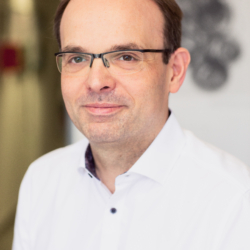
Prof. Dr.
Alexander Schramm
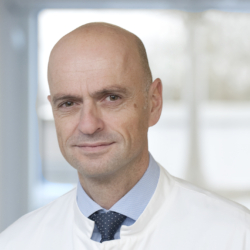
Univ.-Prof. Dr. med.
Martin Schuler
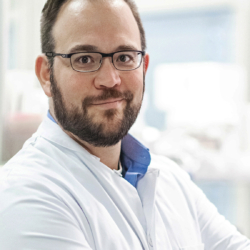
Dr. rer. nat.
Sebastian Oeck
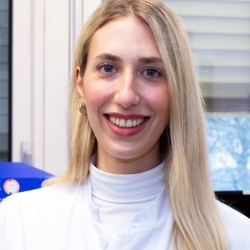
Victoria Erlekotte, B.Sc.
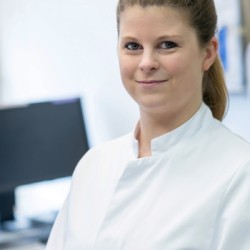
Lisa Gustrau, B.Sc.
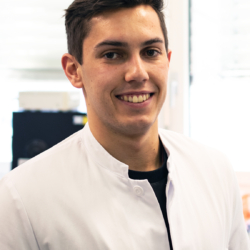
Moritz Görgen, cand. med.
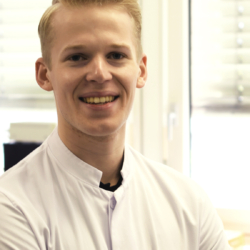
Leon Rudel, cand. med.
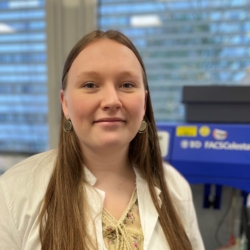
Janina Janetzko, M.Sc.
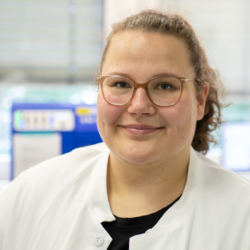
Anne Petzold, M.Sc.
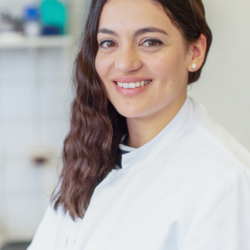
Alicia Tüns, M.Sc.
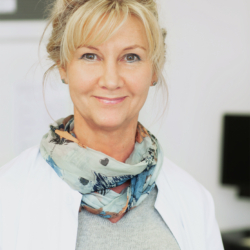
Sabine Dreesmann
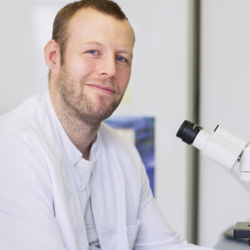
Sebastian Vogt

Aie Al-Khaiat
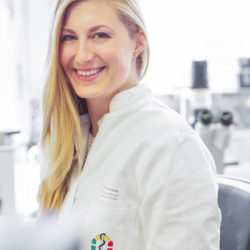
Dr. rer. nat.
Christina Hassiepen
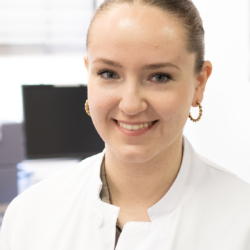
Julia Herrmann, B.Sc.

Dr. rer. nat.
Cassandra Ho
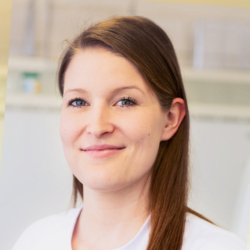
Dr. rer. nat.
Silke Nothdurft
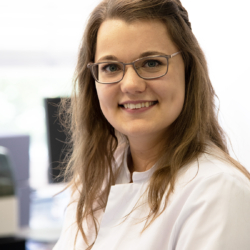
Julia Riedel, M.Sc.
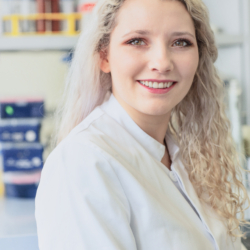
Dr. rer. nat.
Clotilde Thumser-Henner
- Unsere Arbeiten werden gefördert durch die
- Deutsche Forschungsgemeinschaft
- Deutsche Krebshilfe
- Bundesministerium für Forschungs und Technik
- EFRE.NRW
- EU FP7
- Monika- Kutzner-Stiftung
- „Kampf dem Krebs“-Stiftung
- Förderverein der Tumorforschung e.V.
Unsere aktuellen translationalen bzw. klinisch orientierten Veröffentlichungen finden sie durch Klicken auf den jeweiligen Link.
